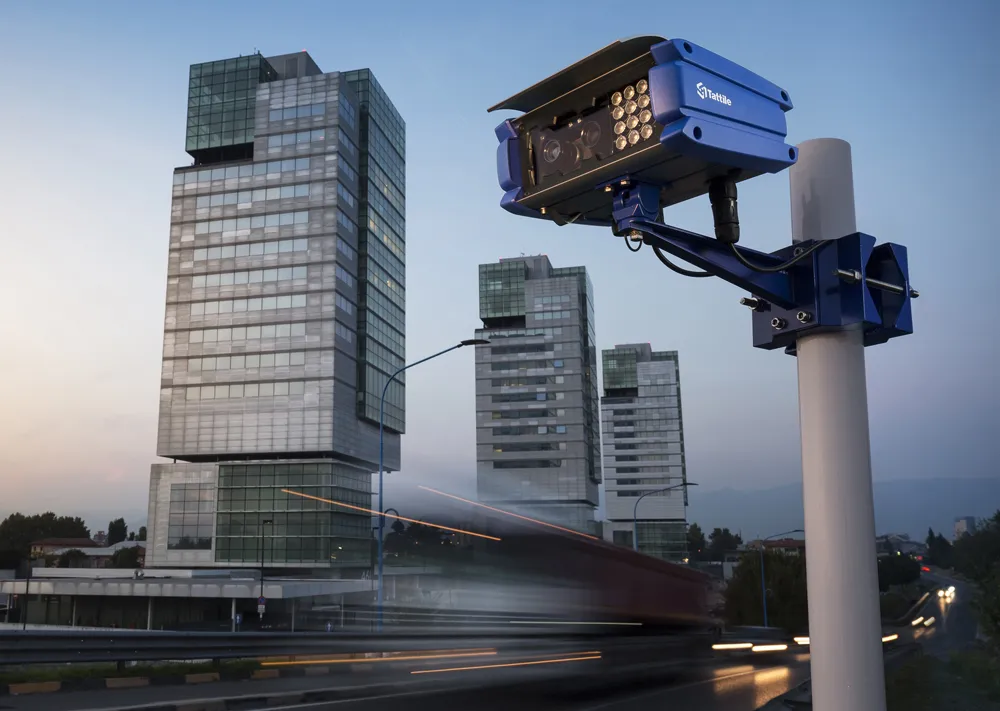The UK Information Commissioner’s Office (ICO) has issued an enforcement notice ordering Hertfordshire Constabulary to review its use of automatic number plate recognition (ANPR) cameras. The decision follows the ICO’s investigation into extensive use of ANPR cameras surrounding the town of Royston. The scheme, regularly referred to as ‘the ring of steel’, has effectively made it impossible for anyone to drive their car in and out of the town without a record being kept of the journey.
July 26, 2013
Read time: 2 mins
The UK Information Commissioner’s Office (ICO) has issued an enforcement notice ordering Hertfordshire Constabulary to review its use of automatic number plate recognition (ANPR) cameras.
The decision follows the ICO’s investigation into extensive use of ANPR cameras surrounding the town of Royston. The scheme, regularly referred to as ‘the ring of steel’, has effectively made it impossible for anyone to drive their car in and out of the town without a record being kept of the journey.
Following a joint complaint about the scheme from the privacy groups Big Brother Watch, Privacy International and No CCTV, the ICO investigated whether the use of the cameras was justifiable and complied with the Data Protection Act. It found that the constabulary failed to carry out any effective impact assessments before introducing the system of cameras and as a result it has not been able to give a satisfactory explanation to justify their use.
The ICO has now ruled that the collection of the information is unlawful and Hertfordshire Constabulary has been issued with an enforcement notice ordering the force to stop processing people’s information in this way, unless they can justify the ANPR cameras use by way of a proper privacy impact assessment, or similar such assessment.
ICO head of enforcement, Stephen Eckersley, said: “It is difficult to see why a small rural town such as Royston, requires cameras monitoring all traffic in and out of the town 24 hours a day. The use of ANPR cameras and other forms of surveillance must be proportionate to the problem it is trying to address. After detailed enquiries, including consideration of the information Hertfordshire Constabulary provided, we found that this simply wasn’t the case in Royston.”
The ICO has published a CCTV Code of Practice that explains how CCTV and other forms of electronic surveillance, including ANPR cameras, can be used in compliance with the Data Protection Act.
The decision follows the ICO’s investigation into extensive use of ANPR cameras surrounding the town of Royston. The scheme, regularly referred to as ‘the ring of steel’, has effectively made it impossible for anyone to drive their car in and out of the town without a record being kept of the journey.
Following a joint complaint about the scheme from the privacy groups Big Brother Watch, Privacy International and No CCTV, the ICO investigated whether the use of the cameras was justifiable and complied with the Data Protection Act. It found that the constabulary failed to carry out any effective impact assessments before introducing the system of cameras and as a result it has not been able to give a satisfactory explanation to justify their use.
The ICO has now ruled that the collection of the information is unlawful and Hertfordshire Constabulary has been issued with an enforcement notice ordering the force to stop processing people’s information in this way, unless they can justify the ANPR cameras use by way of a proper privacy impact assessment, or similar such assessment.
ICO head of enforcement, Stephen Eckersley, said: “It is difficult to see why a small rural town such as Royston, requires cameras monitoring all traffic in and out of the town 24 hours a day. The use of ANPR cameras and other forms of surveillance must be proportionate to the problem it is trying to address. After detailed enquiries, including consideration of the information Hertfordshire Constabulary provided, we found that this simply wasn’t the case in Royston.”
The ICO has published a CCTV Code of Practice that explains how CCTV and other forms of electronic surveillance, including ANPR cameras, can be used in compliance with the Data Protection Act.










